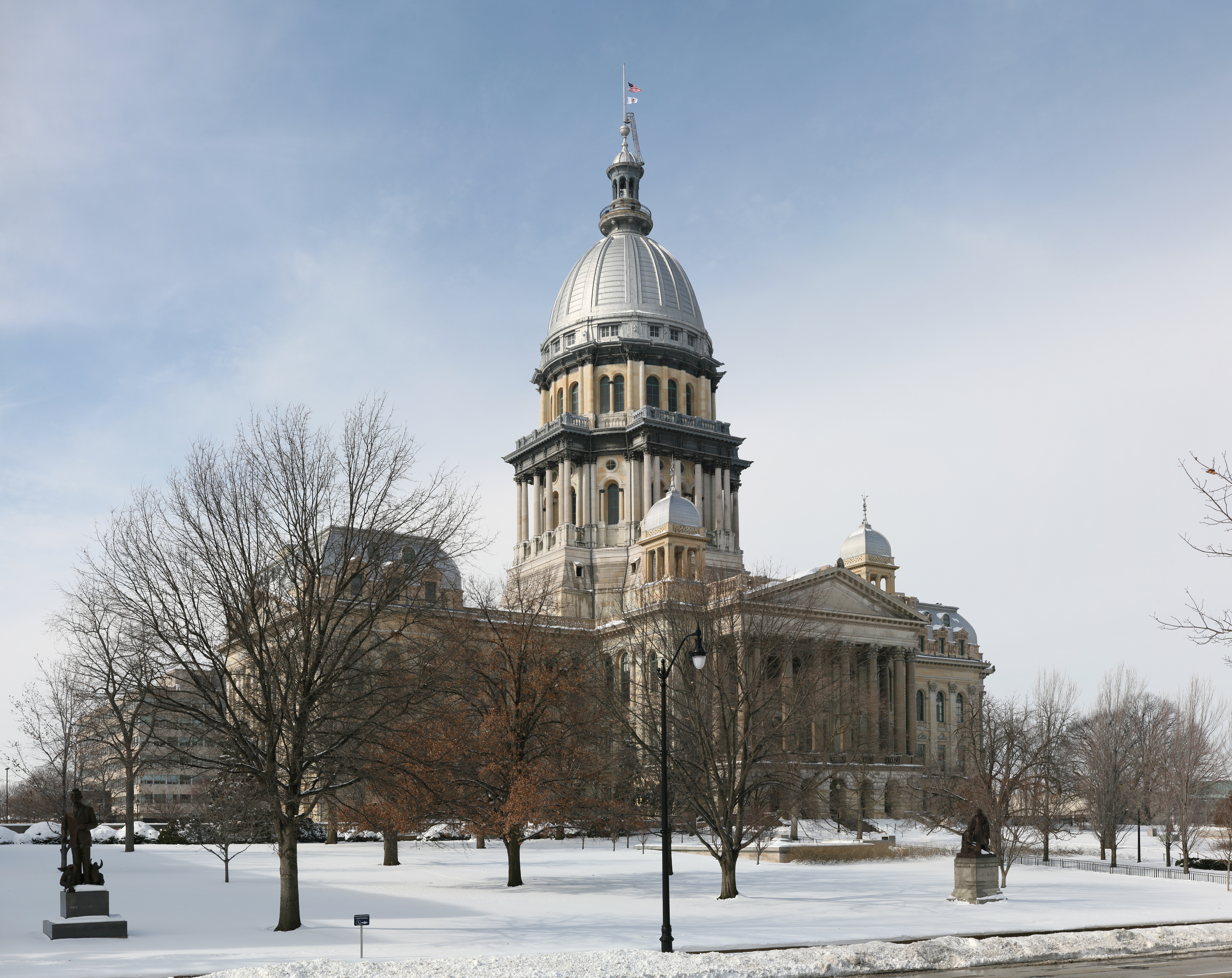Through June 30, 2020, Illinois Gov. J.B. Pritzker (D) contributed $56.5 million to the campaign Vote Yes For Fairness. The campaign is backing a ballot measure to repeal the state’s constitutional requirement that the state personal income tax be a flat rate. It would, instead, allow the state to enact legislation for a graduated income tax.
Quentin Fulks, a former campaign staffer for Gov. J.B. Pritzker’s (D) 2018 gubernatorial campaign and the leader of the 501(c)(4) nonprofit Think Big Illinois, is chairperson of Vote Yes for Fairness. He said, “We’re grateful for the contribution [from Gov. Pritzker]… and we hope other individuals who have the means will step up and contribute to our effort to get the fair tax passed.”
Pritzker advocated for a graduated income tax during his campaign for governor in 2018. He defeated incumbent Gov. Bruce Rauner (R), giving Democrats control of the state Legislature and governor’s office in Illinois. In May 2019, legislative Democrats voted to pass the constitutional amendment. Legislative Republicans opposed the constitutional amendment. Legislators also passed a statute, which would go into effect upon voter approval of the constitutional amendment, to change the state’s income tax from a flat rate to six graduated rates beginning on January 1, 2021.
Opponents of the ballot measure have organized two PACs—Vote No On The Blank Check Amendment and the Coalition to Stop the Proposed Tax Hike. Vote No has not reported contributions, and the Coalition registered as a committee on July 14. Greg Baise, former president of the Illinois Manufacturers’ Association and the leader of the 501(c)(4) nonprofit Ideas Illinois, is the chairperson of Vote No On The Blank Check Amendment. Members of the Coalition include NFIB, the Illinois Chamber of Commerce, and the Illinois Farm Bureau. Todd Maisch, president of the Illinois Chamber, said, “We don’t need to spend dollar for dollar because this is, frankly, an unpopular idea once voters figure out what’s really going on. … If the proponents were certain that they had this in the bag, would they have written a $51 million check? I don’t think so.”
In Illinois, the vote requirement for constitutional amendments is either (a) 60 percent of votes cast on the ballot measure itself or (b) a simple majority of all of those voting in the election. The income tax constitutional amendment is the only ballot measure that has been placed on this year’s statewide ballot in Illinois.


